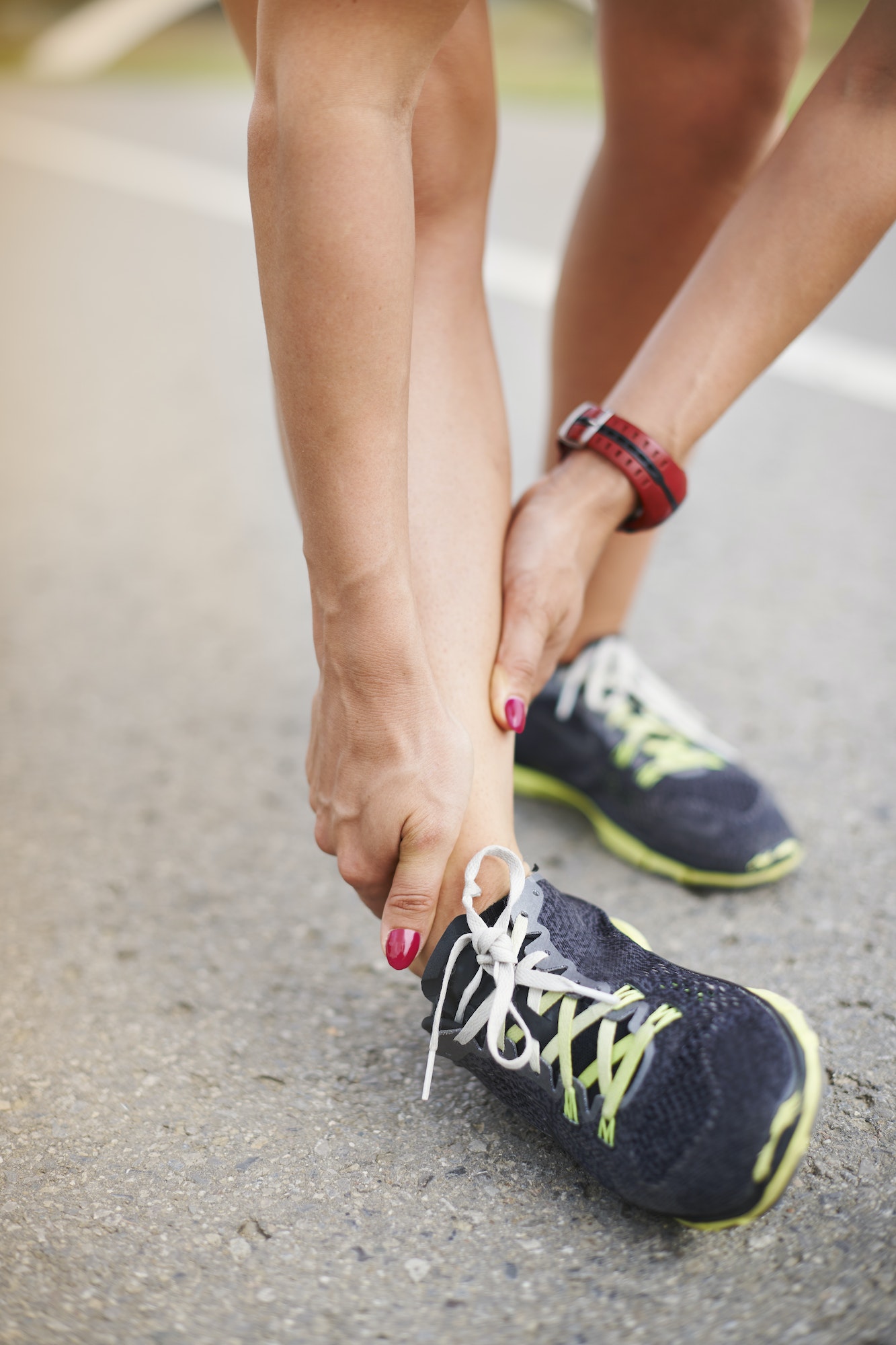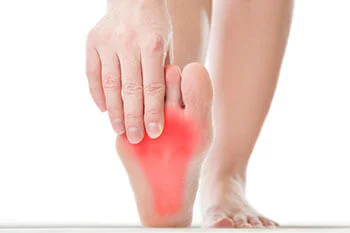Table of Contents
Introduction
People who fall or who have a fear of falling may benefit from having regular physical examinations done. This can help monitor existing medicines, as dosages may need to be adjusted as the body changes. It can also help to have regular eye examinations performed that can manage eyeglass prescriptions. Many elderly patients like to exercise and can feel their bodies becoming stronger. Exercising is an important fall prevention technique, and it may also help to increase balance. Many seniors enjoy practicing Tai Chi, which can make their legs stronger. Vitamin D may be added to the diet which may help improve bone, muscle, and nerve health. Additionally, there are methods that can be implemented in the home that can make it safer. These can include installing grab bars in the toilet and shower area and improving lighting in the living area. Falling can impact the feet, and can cause havoc in completing daily activities. If you would like to learn more about fall prevention techniques, it is suggested that you confer with a podiatrist who can provide you with useful information.
Preventing falls among the elderly is very important. If you are older and have fallen or fear that you are prone to falling, contact one of our podiatrists of Integrative Foot & Ankle Centers of Washington. Our doctors can provide the care you need to keep you pain-free and on your feet.
Every 11 seconds, an elderly American is being treated in an emergency room for a fall related injury. Falls are the leading cause of head and hip injuries for those 65 and older. Due to decreases in strength, balance, senses, and lack of awareness, elderly persons are very susceptible to falling. Thankfully, there are a number of things older persons can do to prevent falls.
How to Prevent Falls
Some effective methods that older persons can do to prevent falls include:
- Enrolling in strength and balance exercise program to increase balance and strength
- Periodically having your sight and hearing checked
- Discuss any medications you have with a doctor to see if it increases the risk of falling
- Clearing the house of falling hazards and installing devices like grab bars and railings
- Utilizing a walker or cane
- Wearing shoes that provide good support and cushioning
- Talking to family members about falling and increasing awareness
Falling can be a traumatic and embarrassing experience for elderly persons; this can make them less willing to leave the house, and less willing to talk to someone about their fears of falling. Doing such things, however, will increase the likelihood of tripping or losing one’s balance. Knowing the causes of falling and how to prevent them is the best way to mitigate the risk of serious injury.


